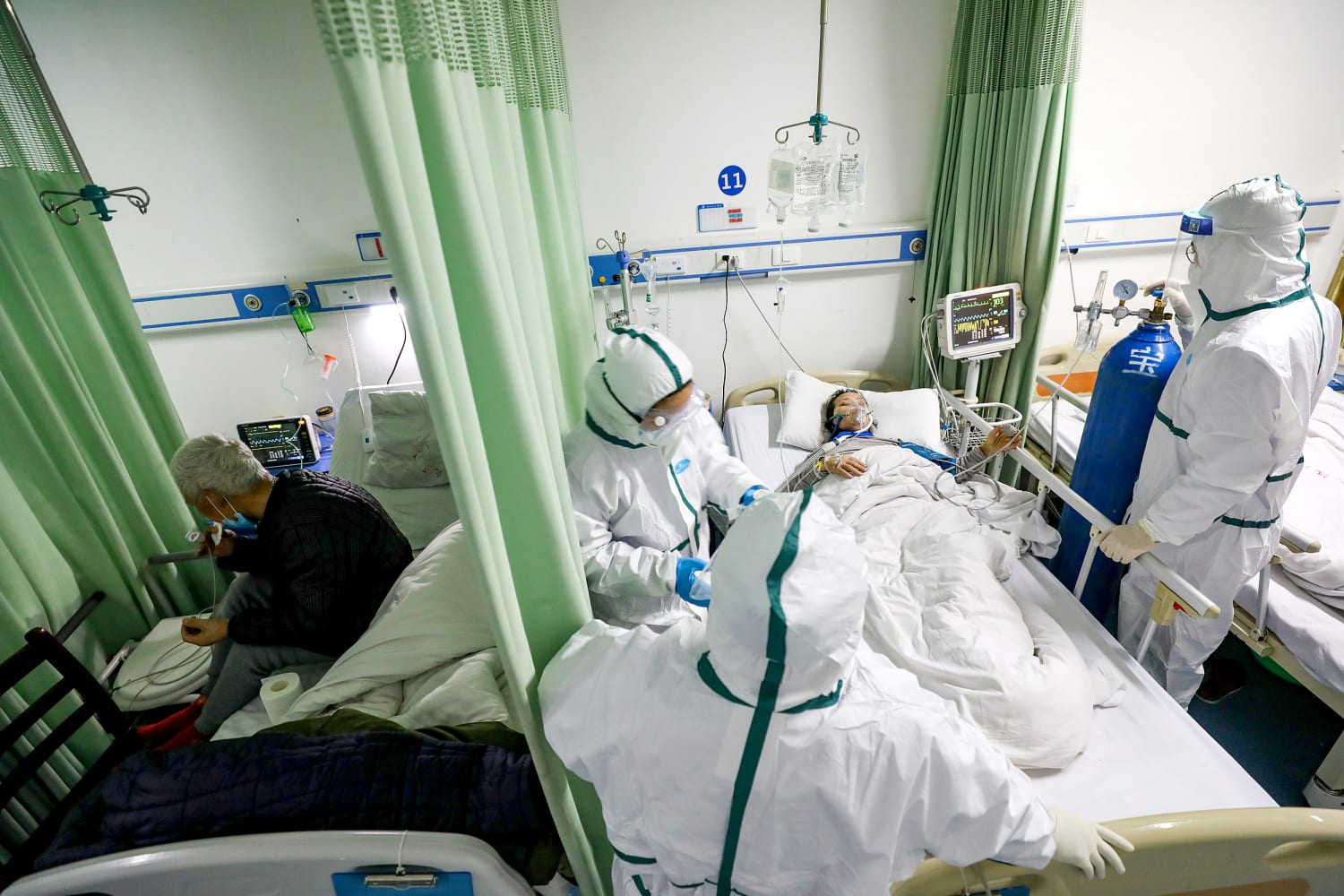Symptoms of Covid-19 may linger for up to six months, according to research published Friday in the medical journal The Lancet, which looked at some of the first people to be hospitalized with the disease.
The study focused on 1,733 people who were hospitalized with Covid-19 in Wuhan, China — where the coronavirus was first detected — from last January to May. Many were hospitalized before the illness even had a name.
Full coverage of the coronavirus outbreak
Roughly three-quarters of the patients reported lingering symptoms six months after their initial diagnosis. Sixty-three percent said they still had fatigue or muscle weakness, 23 percent cited anxiety or depression, and 26 percent reported trouble sleeping.
“Our analysis indicates that most patients continue to live with at least some of the effects of the virus after leaving hospital, and highlights a need for post-discharge care,” Dr. Bin Cao, an author of the study and vice director of the Center for Respiratory Diseases at China-Japan Friendship Hospital in Beijing, said in a statement.
This was an observational study, however, meaning it is impossible to link those symptoms directly to the coronavirus. In order to show a true connection, studies would need to compare outcomes of Covid-19 to those hospitalized with similar infections that could also cause pneumonia.
“I would have liked to have seen data on patients admitted with something other than Covid-19 during that period,” said Dr. Hana El Sahly, an associate professor of molecular virology and microbiology and of medicine at Baylor College of Medicine in Houston. She was not involved in the new research.
“Being admitted with pneumonia can be a traumatic event for anyone,” El Sahly said, adding that it’s not uncommon for those patients to have lingering symptoms.
Download the NBC News app for full coverage of the coronavirus outbreak
The study also found that those with the most severe cases still had trouble breathing six months later. More than half who required a ventilator for their illness later experienced a condition that reduces oxygen flow from the lungs into the bloodstream. And they were more likely to struggle to complete a test of walking endurance.
But it is unclear whether that impaired lung function is a result of the virus or related to an underlying health condition. While the study participants were all hospitalized, few were admitted to the intensive care unit, meaning the findings may not apply to the sickest patients.
“Because Covid-19 is such a new disease, we are only beginning to understand some of its long-term effects on patients’ health,” Cao said. He added that the research may serve to highlight a need for increased care for Covid-19 patients even after they are discharged from the hospital.
Source: | This article originally belongs to Nbcnews.com












